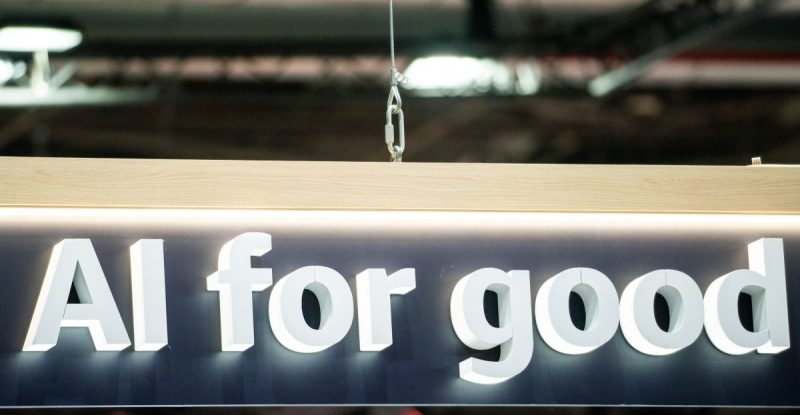
The news is often filled with alarming headlines about artificial intelligence, painting a picture of a dystopian future. But amidst the doom and gloom, there are incredible examples of AI already making a positive impact on our world. We tend to focus on the negative potential of AI – from disinformation campaigns to autonomous weapons and the threat of mass unemployment – and these concerns are certainly valid. Numerous studies show a bias in media coverage towards negative AI narratives, which can overshadow the significant positive developments. However, focusing solely on the potential downsides risks ignoring the real-world benefits AI is already delivering.
One compelling example is AlphaFold, an AI model developed by DeepMind that predicts the 3D structures of proteins with remarkable accuracy. This breakthrough has significantly accelerated drug development, offering hope for tackling diseases like Huntington’s and antibiotic resistance. The fact that this technology has earned its creators a Nobel Prize speaks volumes about its impact.
Beyond scientific breakthroughs, AI is revolutionizing the healthcare industry. AI scribes are being used to automate medical record-keeping, freeing up doctors from hours of paperwork and allowing them to spend more time with patients. This not only improves efficiency but also helps address the pervasive problem of physician burnout. Imagine the potential for improved patient care and a more sustainable healthcare system.
Another inspiring application is Google’s Flood Hub, an AI-powered early warning system for river floods. This system provides crucial, life-saving information to hundreds of millions of people in vulnerable countries, many of whom lack the infrastructure to predict and prepare for such disasters. Flood Hub demonstrates how AI can be leveraged to protect the most vulnerable populations and mitigate the impacts of climate change. Furthermore, initiatives are underway to combine flood warnings with direct cash aid to families, allowing them to prepare before a disaster strikes.
Of course, even the most beneficial AI applications present challenges. The same technology used to develop life-saving drugs could potentially be used to create bioweapons. The use of AI scribes raises concerns about patient confidentiality and data security. And while Flood Hub offers a valuable service, limited internet access in many poor countries restricts its reach. These are crucial considerations that must be addressed as AI technology continues to evolve.
In conclusion, while the potential risks of AI are real and warrant serious attention, it’s crucial to acknowledge the tangible benefits it’s already providing across various fields. AI is a tool, and its ultimate impact will depend on how we choose to use it. By focusing on responsible development and deployment, we can harness the power of AI for good, creating a future where this technology works to improve lives and solve some of the world’s most pressing challenges.










